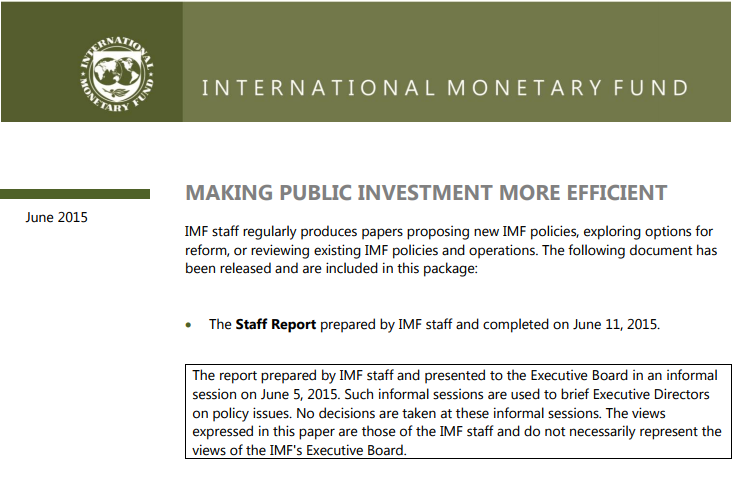749 results found
Featured results



More results
This Energy Sector Policy Note is intended to support the Government of Mozambique in determining priorities for policy decisions with the aim of delivering efficiently produced, technically and financially sustainable electricity supply to the Mozambican population.

The G20/OECD Principles of Corporate Governance help policy makers evaluate and improve the legal, regulatory, and institutional framework for corporate governance, with a view to supporting economic efficiency, sustainable growth and financial stability.

The government s Infrastructure Delivery Management System comprises three core systems, namely a planning and budgeting system, a supply chain management system, and an asset management system, all of which have forward and backward linkages.

This brief outlines some of the issues surrounding permitting and licencing regimes for renewable energy projects and why they are important

The purpose of this study is to provide an overview of the main elements that should be taken into consideration when evaluating the potential for specific projects, it is important to give some indication of potential cost (capital and operating) of an LNG chain.

In September 2015, the General Assembly adopted the 2030 Agenda for Sustainable Development which includes 17 Sustainable Development Goals (SDGs) and emphasizes on a holistic approach to achieve sustainable development for all.

The paper “Partnering to Build a Better World: MDBs’ Common Approaches to Supporting Infrastructure Development” presents a brief description of how MDBs work with their Borrowing Member Countries (BMCs) .

This note seeks to identify a research agenda for addressing the main gaps in information for understanding the drivers and impediments of long-term investment and related financing.

The Decision Tree Framework is a robust decision scaling approach from the World Bank that provides resource-limited project planners and program managers with a cost-effective and effort-efficient, scientifically defensible, repeatable, and clear method for demonstrating the robustness of a project to climate change.

This paper studies the joint decision to invest in such infrastructure, and retrofit it later, given that future climate damages are uncertain and follow a geometric Brownian motion process with positive drift.

The World Bank's initiatives of social accountability and transparency over the past two decades are increasingly founded on the notion that transparency and social accountability of public institutions are essential for stimulating economic growth.

The guidelines give concrete advice to countries on how to manage their responsibilities as company owners, thus helping the state-owned enterprises to become more competitive, efficient and transparent.


This paper finds that better Public Investment Management enhances public infrastructure quality and economic growth, and pinpoints key institutional reforms needs to boost public investment efficiency and productivity.


The FCCL Framework was prepared in assistance with the World Bank under the IFPPP project and it comprises FCCL guidelines and the FCCL technical manual.

This report outlines the guidance and recommendations concerning the reform proposals of state owned enterprises operating in the field of water supply and urban sanitation as well as providing guidance/recommendations concerning economic management options for service providers in Vietnam.


Given the pivotal role of public finance agencies in scaling up climate finance, Multilateral Development Banks (MDBs) have a major role to play in mainstreaming climate change and in providing finance in an effective, catalytic manner.


This publication outlines options for the financing and implementation of a systematic infrastructure action plan for the Seychelles.

The Decision Tree Framework is a robust decision scaling approach from the World Bank that provides resource-limited project planners and program managers with a cost-effective and effort-efficient, scientifically defensible, repeatable, and clear method for demonstrating the robustness of a project to climate change.

This guide outlines five steps in the context of achieving a knowledge exchange, (i) Anchor the knowledge exchange, (ii) Define the knowledge exchange, (iii) Design and develop the knowledge exchange, (iv) Implement the knowledge exchange, (v) report the results. Case studies from South America and Africa are discussed with reference to this guide. This is the second edition of the document updated in 2015.







